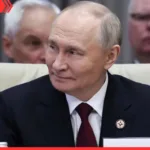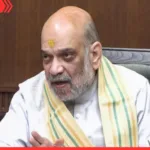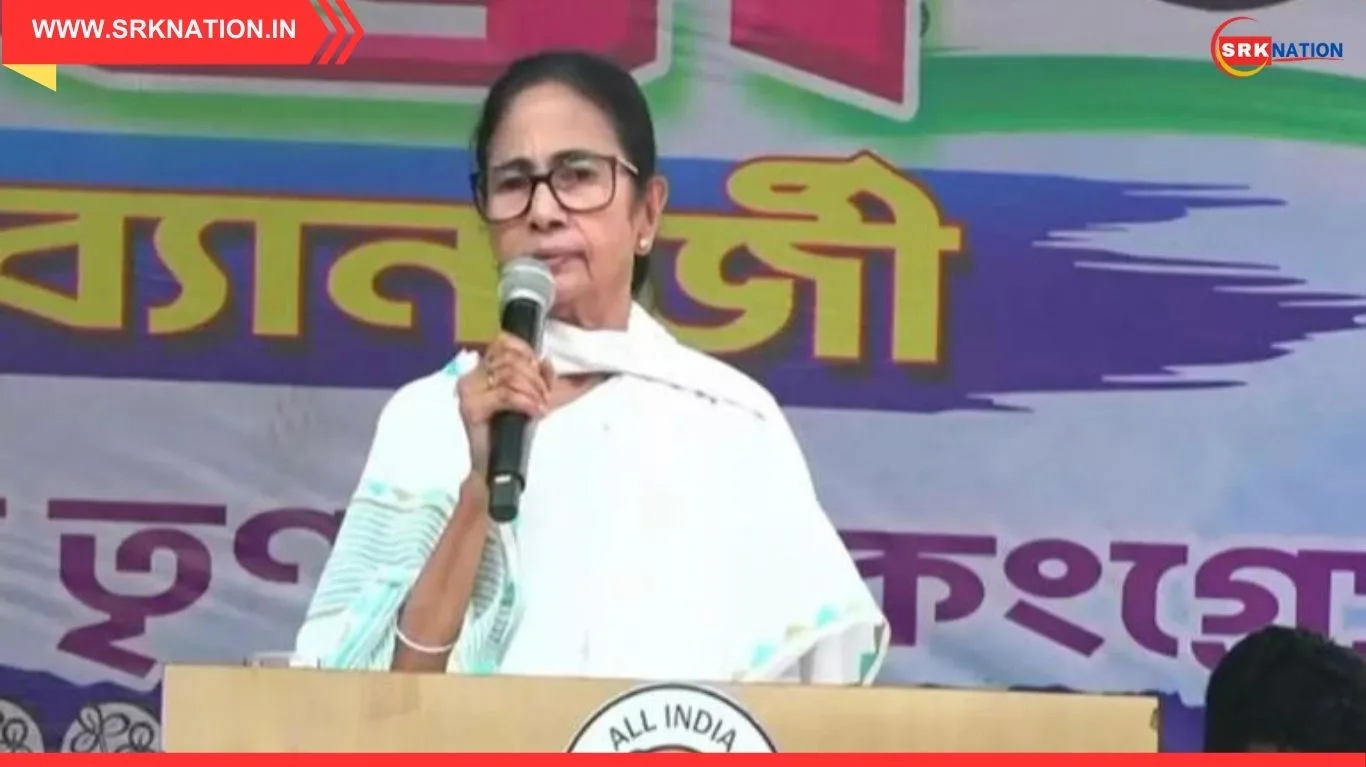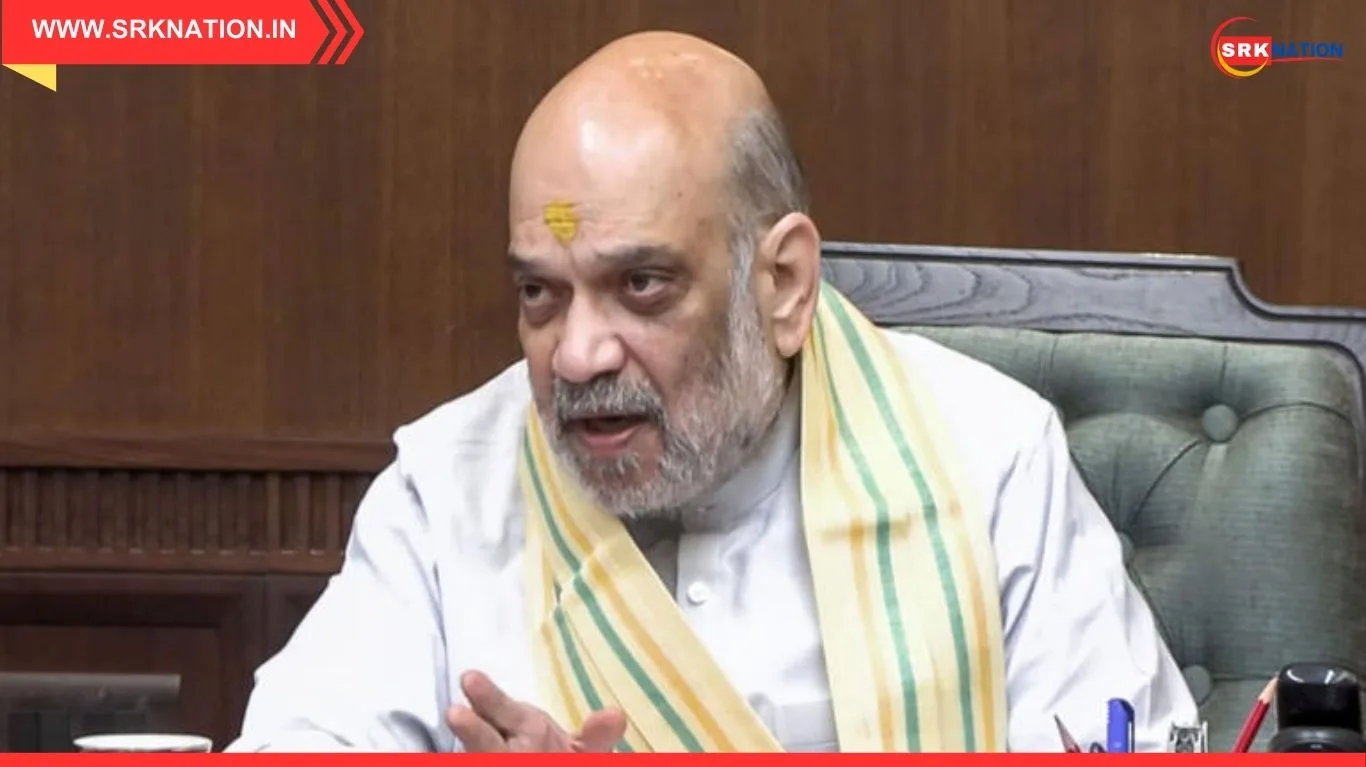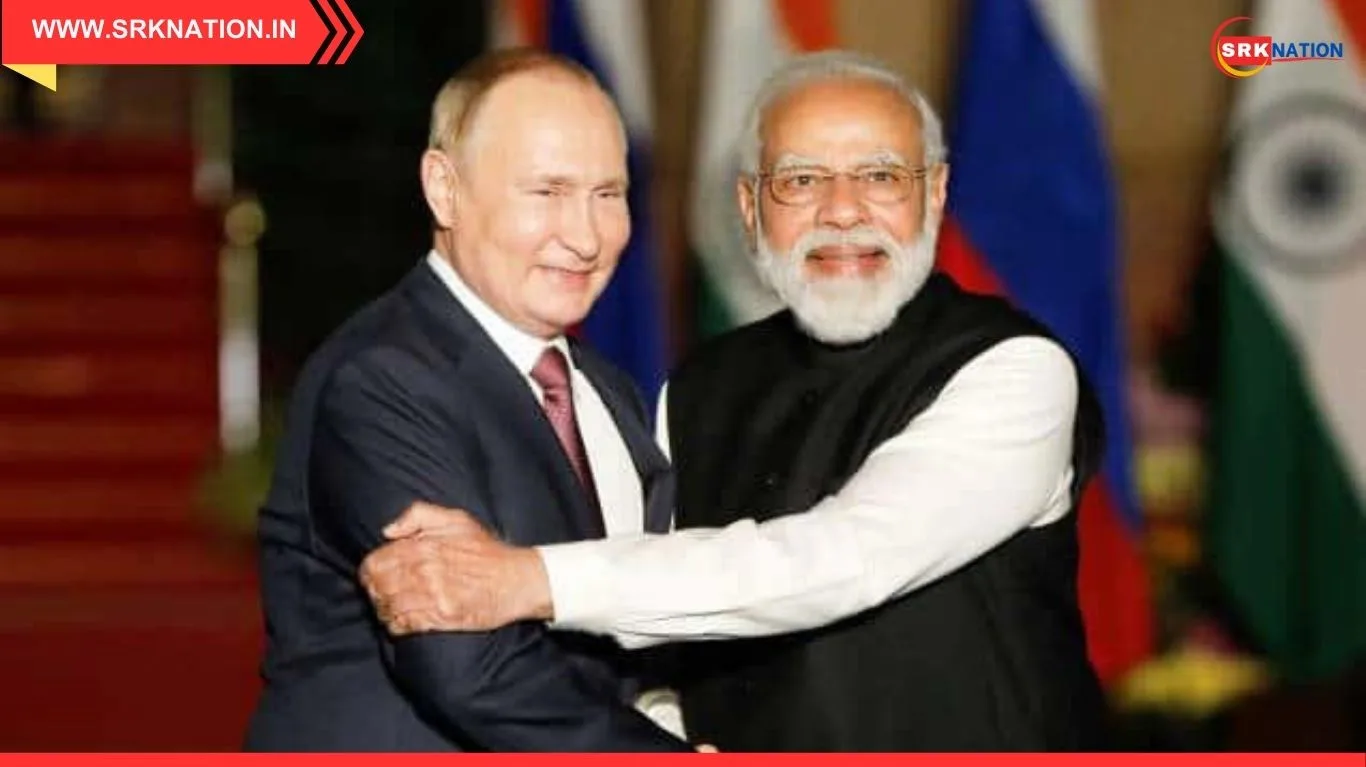India and Pakistan have agreed to an immediate ceasefire, following four days of escalating hostilities that saw drone and missile exchanges across the border. According to government sources, India negotiated the truce on its own terms, ensuring that its security concerns were addressed before finalizing the agreement.
Background of the Conflict
Tensions between the two nations surged after a terror attack in Pahalgam, Jammu and Kashmir, on April 22, which claimed the lives of 26 civilians. In response, India launched Operation Sindoor on May 7, targeting multiple terror launchpads in Pakistan and Pakistan-occupied Jammu and Kashmir (PoJK). Pakistan retaliated with drone strikes across Jammu and Kashmir, Punjab, Rajasthan, and Gujarat, prompting heightened military alerts.
Ceasefire Negotiations and Diplomatic Intervention
The breakthrough came after intense diplomatic engagement, with the United States playing a key role in brokering the ceasefire. US Secretary of State Marco Rubio and Vice President JD Vance held discussions with senior officials from both countries, including Prime Ministers Narendra Modi and Shehbaz Sharif.
Foreign Secretary Vikram Misri confirmed that Pakistan initiated contact, with its Director General of Military Operations (DGMO) reaching out to India’s DGMO on May 10. Both sides agreed to halt all military action on land, air, and sea, effective from 5 PM IST.
Challenges to the Ceasefire
Despite the agreement, violations were reported within hours, with explosions heard in Srinagar and other border areas. Air raid sirens blared across multiple Indian states, and drone intrusions were detected, prompting India’s defense systems to respond.
Jammu and Kashmir Chief Minister Omar Abdullah expressed concerns over the truce, questioning its effectiveness after fresh hostilities erupted. Meanwhile, the Indian government has instructed its armed forces to respond firmly to any further violations.
Impact on Civilian and Economic Sectors
The ceasefire has raised hopes for the reopening of 32 airports across northern and western India, which were closed due to security concerns. Additionally, discussions are underway regarding the resumption of IPL 2025, which was suspended amid the conflict.
Future Outlook
While the ceasefire marks a significant diplomatic achievement, its long-term sustainability remains uncertain. India has reiterated its firm stance against terrorism, emphasizing that it will continue to take necessary actions to safeguard its national security.



